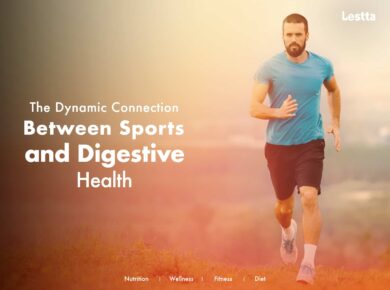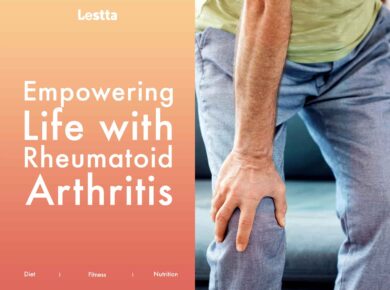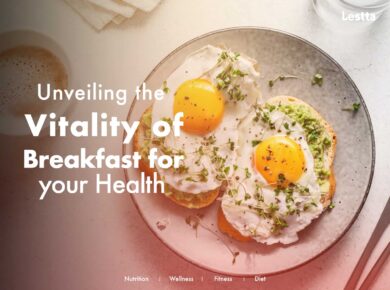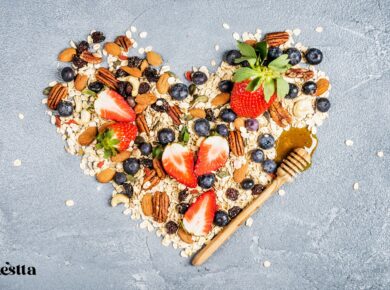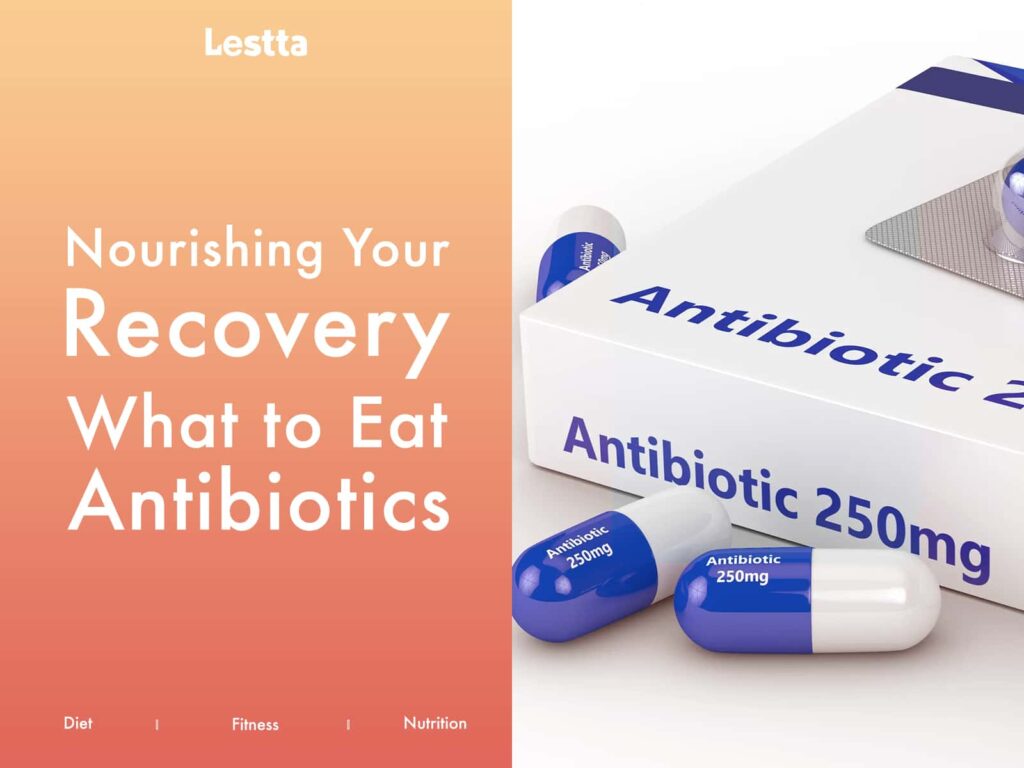
When it comes to recovering from an illness or infection, taking antibiotics is often an essential part of the healing process. While antibiotics are effective in fighting off bacterial infections, they can also disrupt the natural balance of bacteria in your body. In this article, we will explore what to eat with antibiotics to promote healing and restore your overall well-being.
The Importance of a Balanced Diet
Maintaining a balanced diet while taking antibiotics is vital for several reasons. Firstly, it provides your body with the necessary nutrients to support the healing process.
Secondly, certain foods can help counteract the potential adverse effects of antibiotics, such as digestive issues or weakened immune function. Lastly, a well-rounded diet supports the growth of beneficial bacteria in your gut, which can help restore the natural balance disrupted by the medication.
- Probiotic-Rich Foods: One of the most effective ways to replenish and support your gut health while on antibiotics is by consuming probiotic-rich foods. These foods contain live beneficial bacteria that can help restore the microbial balance in your digestive system. Incorporate foods like yogurt, kefir, sauerkraut, kimchi, and kombucha into your diet. These items can provide a natural source of probiotics and aid in maintaining a healthy gut flora.
- Fiber-Filled Foods: Antibiotics can sometimes lead to digestive issues such as diarrhea or constipation. Including fiber-rich foods in your meals can help regulate your bowel movements and alleviate these symptoms. Opt for whole grains, fruits, vegetables, legumes, and nuts. These foods not only provide essential nutrients but also support regularity and overall gut health.
- Hydration is Key: Staying hydrated is crucial for your overall well-being, especially when taking antibiotics. Drinking an adequate amount of water helps flush out toxins, supports proper digestion, and keeps your body functioning optimally. Aim to drink at least eight glasses of water per day. Additionally, herbal teas, broths, and homemade soups can provide hydration while delivering added nutrients.
- Nutrient-Dense Foods: To support your immune system and aid in the healing process, focus on consuming nutrient-dense foods. These include leafy greens, colorful fruits, lean proteins, and healthy fats like avocados and olive oil. Nutrient-dense foods provide essential vitamins, minerals, and antioxidants that strengthen your immune system and promote overall health.
Conclusion
Eating a balanced diet that includes probiotic-rich foods, fiber-filled options, staying hydrated, and consuming nutrient-dense meals can help minimize the potential side effects of antibiotics and promote overall well-being.
Remember to consult your healthcare provider or a registered dietitian for personalized dietary recommendations. By focusing on your nutrition during antibiotic use, you are taking a proactive step towards a faster and smoother recovery.

